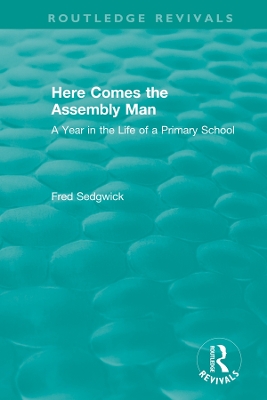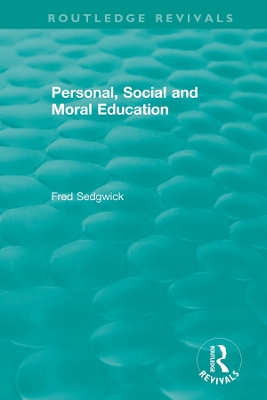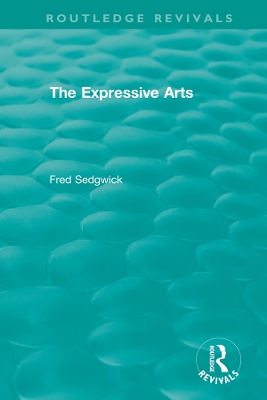Routledge Revivals
3 total works
Originally published in 1989, this is a book about managing a real primary school - but, unlike most management books, it places the child at the centre of the exercise. It concentrates on an untidy reality rather than a system - on a human perspective rather than one which is manipulative of human reality. The books narrative structure makes it unique amongst other books in the field. Sedgwick writes with warmth and perception. His insights into the relations between the children and their teachers form part of a collage of material. Many accounts from parents, visitors, teachers and children are included in his colourful prose, providing other points of view and changes in narrative gear. Letters, poems, photographs and drawings complete the collage so that the book takes on a form which is appropriate to its subject - the randomness and variety of a school's life. Here Comes the Assembly Man is always absorbing, at times highly amusing - a rewarding read for all parents, teachers and educationalists alike.
Originally published in 1994, this book enables primary school teachers to take steps to make Personal, Social and Moral Education (PSME) central to the work of their schools. Links to the National Curriculum are implicit and explicit throughout the book, and the author covers ways in which whole staffs are to be involved in the development of PSME. Case studies of good reflective teaching are taken from many curriculum areas and from rural and urban schools. The author draws out the lessons they impart with insight, precision and principle, emphasising the values of openness, encouragement, sensitivity and respect for the children and adults engaged in the development of personal, social and moral values.
Originally published in 1993, this book addresses the issue of the place of the expressive arts in primary schools in the years around and beyond the implementation of the National Curriculum. It comprises a set of case studies on the language arts, painting and drawing, dance, drama and music, that suggest ways forward in teaching these arts to children aged between four and eleven.


